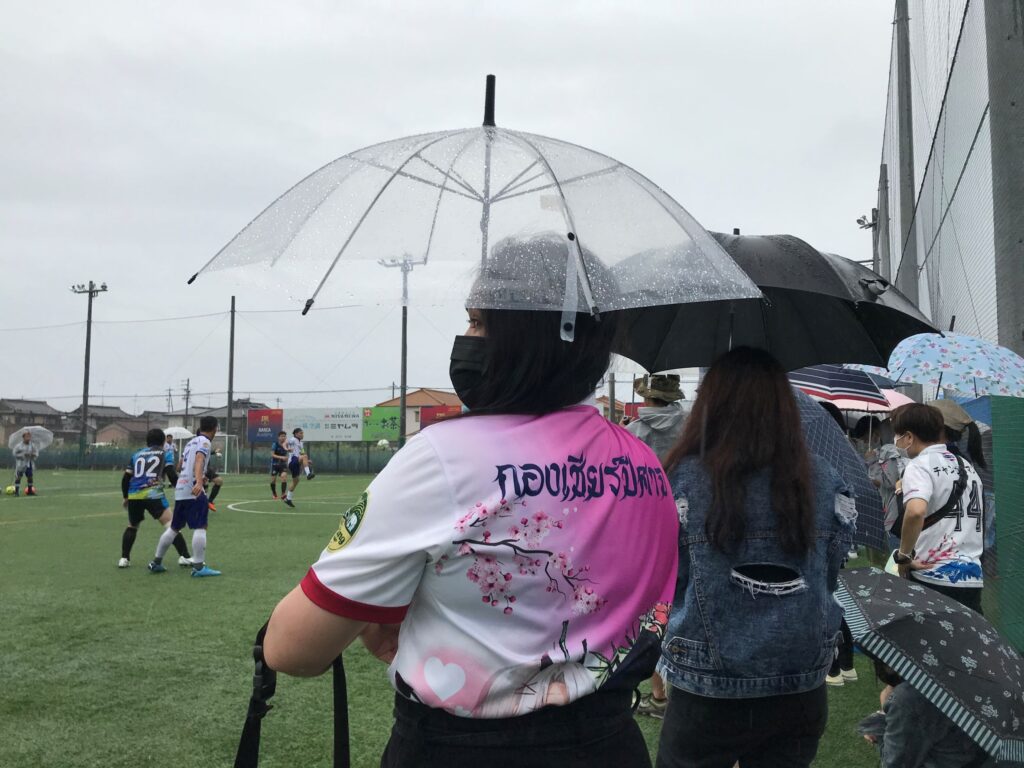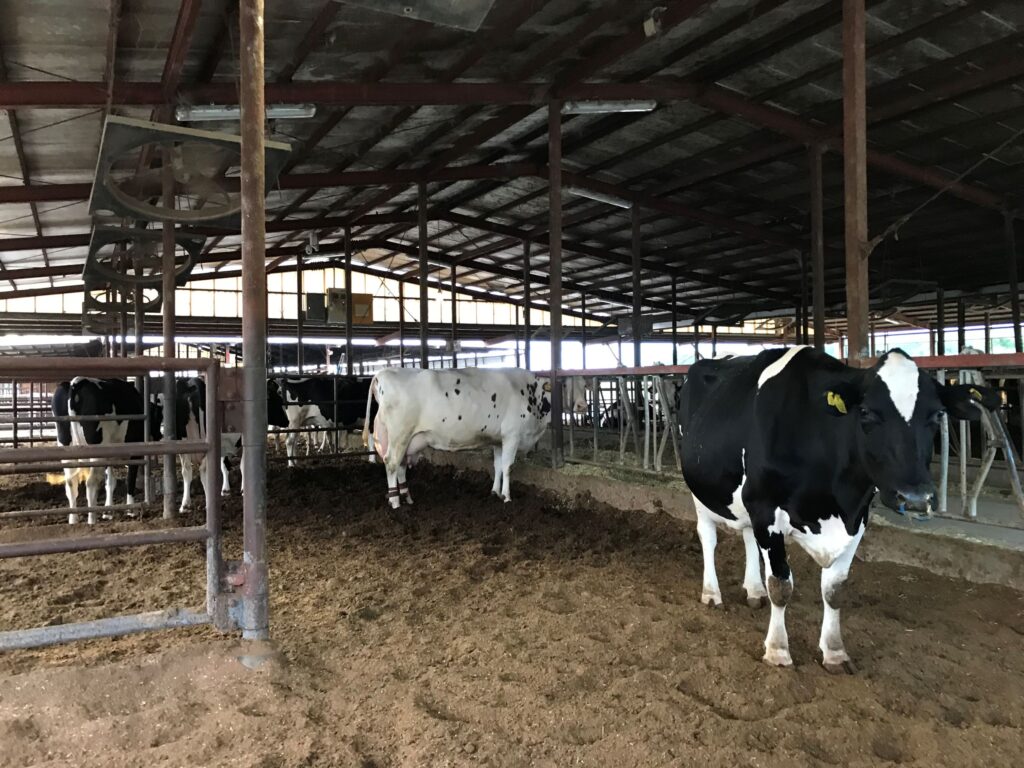モロッコにおけるタリーカの形成と発展(2019年度)
対象とする問題の概要 モロッコにおいては、15世紀に成立したジャズーリー教団が初の大衆的タリーカである。ジャズーリー教団は後のサアド朝(1509-1659)によるモロッコ統一に助力するなど政治的にも存在感を発揮し、現在の北アフリカ・西アフ…

A football game and a gathering of Thai technical intern trainees in Mie prefecture
Since the beginning of the Technical Intern Training Programme (TITP) in Japan in 1993, the number of Thai workers seeking employment in Japan through this channel has continuously increased. This study aims to gain a better understanding of the lives of Thai migrant workers as trainees in Japan, particularly their working and living conditions and their future prospects. It was found that their lives differ depending on their jobs and employers. And these conditions also have an impact on their prospects after completing their three-year contract.
Japan has long been amongst the most chosen overseas destinations for Thai migrant workers. While most Thai migrant workers in Japan in the 1980s and 1990s were undocumented workers, nowadays they appear as technical intern trainees, workers in the state-organised migratory channel called the Technical Intern Training Programme (TITP). Thai migrant workers’ engagement in the Japanese labour market through the TITP could be traced back to before its official establishment in 1993. The number of Thai TITP workers has been continuously increasing, with an estimated 10,000 in 2020, making them one of the majority of trainee nationalities in Japan. Most of them are employed in machinery, food processing, agriculture, construction, and other industries.
The study is a part of my doctoral dissertation on the lives of Thai technical intern trainees in Japan. By conducting fieldwork to interview a number of Thai technical intern trainees working in various parts of Japan, as well as visiting their dormitories to observe their daily life in Japan, this study aims at answering two primary questions: What do they think of working in Japan, and what do they anticipate their lives to be after completing their contract? The data will be included in my doctoral dissertation, which will address how Thailand’s new middle class perceives themselves when living as migrant workers abroad.

The livestock farm where Thai technical intern trainees worked and stayed in Kumamoto prefecture
During the fieldwork, I visited Thai trainees in Aichi, Saitama, Mie, and Kumamoto prefectures. They work in a variety of industries, such as cultivation, livestock, electroplating, metal pressing, industrial packing, and so on. Additionally, I was able to participate in a football game, which became a gathering for a number of Thai trainees from Mie and neighbouring prefectures. It was a good opportunity for me to get to know, talk to, and build rapport with new Thai trainees while observing their activities during the game.
In this study, I have found that the lives of Thai trainees in Japan differ depending on their jobs and employers. These different conditions have an impact on their prospects for the future. Let me use two different cases to illustrate this observation.
Nuch (pseudonym) earned a higher vocational qualification and worked as a salesperson in her hometown province in Thailand, earning approximately 10,000 baht (300 USD) per month. She worked there for three months before moving to Japan in 2020 in the pursuit of a higher income. Nuch was employed by a small family-run flower farm in Aichi prefecture. Her job was cultivating flowers in greenhouses. Even though transitioning from an office worker to a laborious worker was considerably taught, she said that it was bearable. But it was Nuch’s living arrangement with her employer that made her uneasy. Nuch shared a compound with her employer’s family house. Despite the fact that Nuch had no serious conflict with them, she felt that she had no privacy living there. She felt that meeting with friends at her accommodation or outside always irritated her employer. That was one of the reasons why she wished to leave Japan after completing her three-year contract.
In contrast to Nuch, Kong (pseudonym) was an interviewee who desired to stay longer in Japan after completing his contract. Kong was working as a chef in the catering section of Siam University’s Department of Tourism and Hospitality Industry. He worked there for three years and earned approximately 14,000 baht (428 USD) a month. Kong desired to gain professional experience abroad, so he decided to quit his job and apply for a position in Japan, despite the fact that it was irrelevant to his specialty. His job in Japan was in the electroplating industry, which required more physical labour than his prior one in Thailand. Even though it was not his preferred job, it did not cause any serious problems in his migratory life. Kong shared a private apartment with a Thai roommate near the factory. He studied Japanese in his leisure time and recently passed the N3 level of the Japanese Language Proficiency Test (JLPT). He wanted to stay longer in Japan and is considering applying for a Specified Skilled Worker visa after completing his three-year contract.
The stories of Nuch and Kong give an example of Thai workers with a moderate level of educational attainment and incomes in Thailand that turn to be laborious workers in Japan. Working and living conditions in the host country have a significant impact on their attitudes toward their migratory lives as well as their prospects for the future. Their social and economic capital provides them with alternatives for the future.
For further research, I want to understand more about migrant workers’ subjectivities, such as emotions and attitudes, concerning their lives in Japan. In addition, I intend to identify resources that Thai migrant workers use in the course of their migration.
Copyright © 附属次世代型アジア・アフリカ教育研究センター All Rights Reserved.